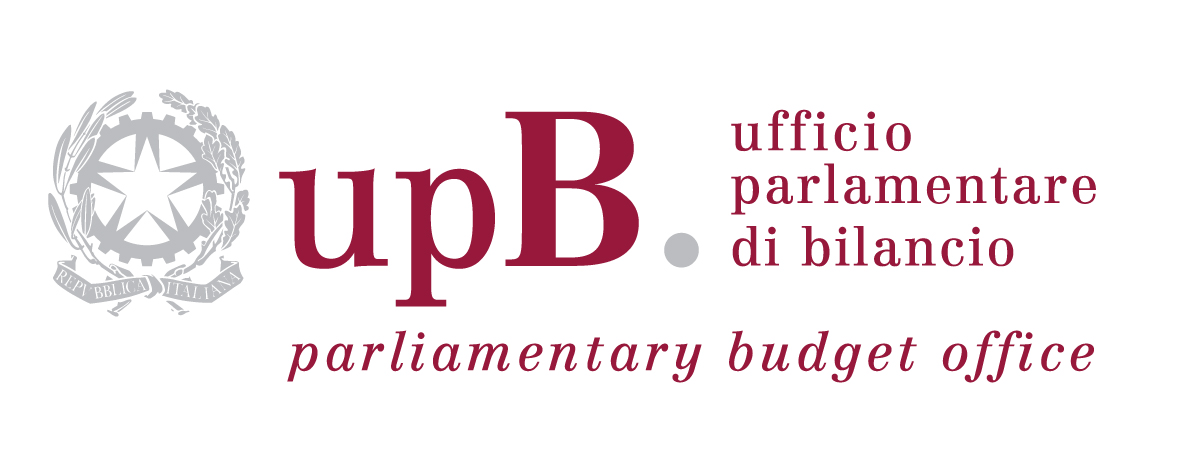30 September 2022 | The Parliamentary Budget Office (PBO) today announced its endorsement of the trend macroeconomic scenario of the Update to the 2022 Economic and Financial Document (the Update) on its website. As provided for in the calendar agreed between the PBO and the Ministry for the Economy and Finance (MEF), in accordance with the Memorandum of Understanding governing the endorsement exercise, the forecasts for the years 2022-2023 were endorsed on 23 September, after being modified to address the issues raised by the PBO on a previous version. After the endorsement, on 26 September, the MEF submitted a new macroeconomic scenario in which it had slightly revised upwards its forecasts for GDP growth in 2024 and 2025. Since the changes do not fall within the endorsement horizon (2022-2023), in a letter sent to the MEF on 27 September the PBO confirmed the outcome of the endorsement exercise notified to the MEF on 23 September.
The procedure for endorsing the forecasts, which were also submitted to the other institutes that make up the PBO forecasting panel (CER, Prometeia, Ref-Ricerche and Oxford Economics, in addition to the PBO itself), concluded with the endorsement of the forecasts. The forecasts for 2022-2023, based on the information available to date, fall within an acceptable range. However, the forecasts are exposed to considerable uncertainty, primarily associated with the developments and repercussions of the conflict in Ukraine. The international scenario remains unstable and fragile, meaning that the outlook could change significantly in a brief period of time.
In this regard, the Government’s forecast for trend growth in 2022 (3.3 per cent), revised upwards by two-tenths of a percentage point compared with that in the Economic and Financial Document (EFD), coincides with the median of the panel forecasts and is not far from the PBO forecast. The projection for GDP growth next year (0.6 per cent, more than 1.5 percentage points less than that indicated in the EFD due to the deterioration in foreign demand, the rise in interest rates and tensions in energy markets) is slightly greater than the median of the PBO panel estimates, but does not exceed the upper bound.
As regards the sources of uncertainty, the baseline scenarios of the MEF and the PBO panel do not consider a complete interruption of gas supplies from Russia. If this were to occur in conjunction with other adverse conditions, it may be necessary to ration gas consumption over the coming winter, with a non-negligible impact on economic activity.
Finally, a further risk is associated with the timely and efficient implementation of NRRP investment projects, which could be jeopardised due to significant increases in energy costs and shortages of certain materials.
